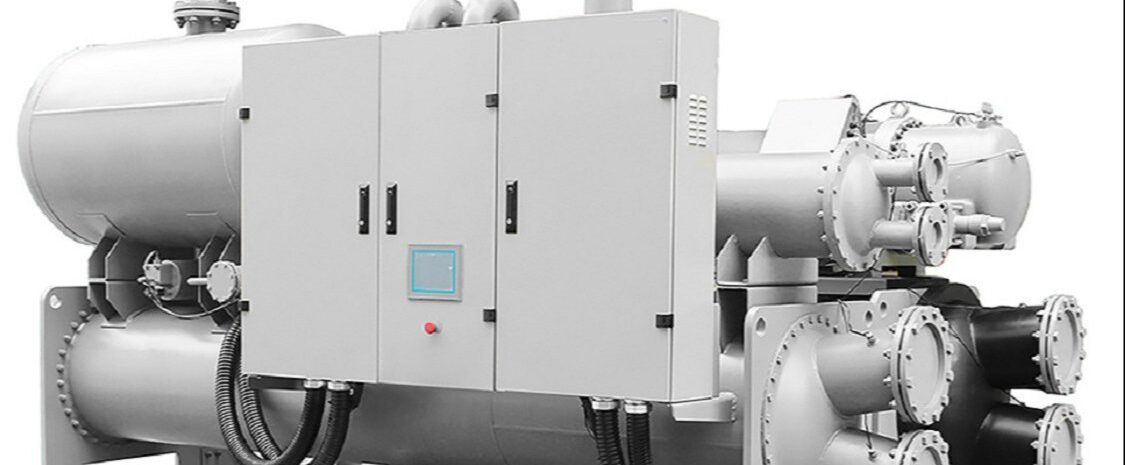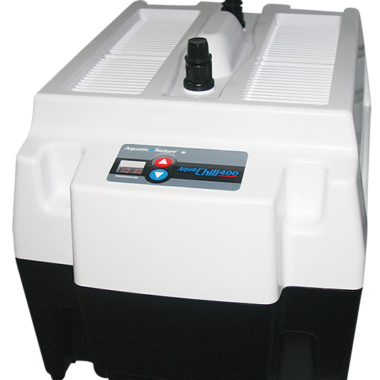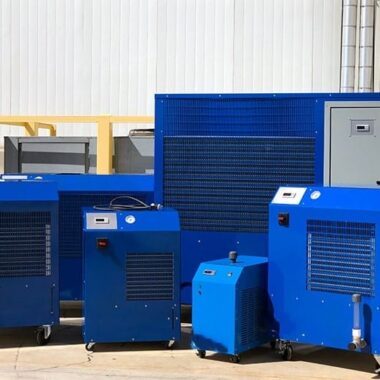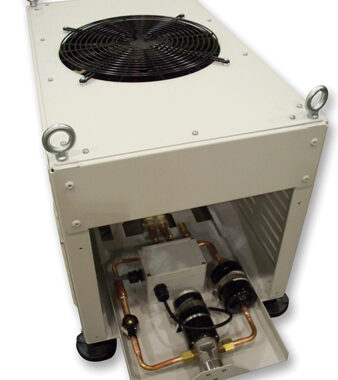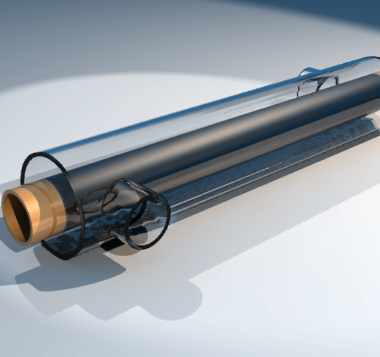Selecting the Right Industrial Water Chiller: A Step-by-Step Guide
Introduction
Industrial Water Chiller is a key component in many manufacturing processes, providing consistent cooling to keep machinery running smoothly, protect sensitive equipment, and maintain product quality. Understanding how to choose the right industrial water chiller can make a significant difference in reducing operational costs, improving energy efficiency, and ensuring long-term reliability.
What is an Industrial Water Chiller?
Industrial Water Chiller is a cooling system that uses water as the primary cooling medium to remove heat from a process or equipment. The chiller circulates cooled water through a heat exchanger, where it absorbs heat from the industrial process. The heated water is then returned to the chiller, where the heat is transferred to a refrigerant, and the cycle continues. Industrial Water Chillers
Assess Cooling Requirements
- Heat Load Calculation: Determine the amount of heat that needs to be removed from your process. This can be calculated by understanding the thermal load, which depends on the type of machinery, process temperatures, and the amount of heat generated.
- Temperature Range: Identify the required temperature range for your application. Some processes may require precise temperature control, while others may tolerate broader temperature fluctuations.
Choose the Right Type of Chiller
- Air-Cooled vs. Water-Cooled: Air-cooled chillers are typically easier to install and maintain but may be less efficient than water-cooled chillers, which offer better energy efficiency but require access to a constant water supply and more complex installation.
- Portable vs. Stationary: Portable chillers are ideal for operations requiring mobility, while stationary chillers are better suited for permanent installations.
Determine the Chiller Capacity
- Cooling Capacity: The cooling capacity of a chiller is measured in tons of refrigeration (TR) or kilowatts (kW). Ensure that the chiller’s capacity matches your cooling needs, considering peak loads and future scalability.
- Oversizing vs Under-sizing : An oversized chiller may lead to higher energy costs and reduced efficiency, while an undersized chiller may struggle to meet cooling demands, leading to equipment stress and process interruptions.
Evaluate the Build Quality and Materials
- Corrosion-Resistant Materials: Choose chillers made from durable, corrosion-resistant materials, especially if your application involves harsh chemicals or outdoor installation.
- Reliability and Durability: Option for chillers with proven reliability and durability, as frequent breakdowns can disrupt operations and lead to costly repairs.
Customize for Specific Industry Needs
- Specialized Applications: Depending on your industry, you may require custom features such as enhanced filtration systems, explosion-proof components, or precise temperature controls for sensitive processes.
- Industry Compliance: Ensure that the chiller complies with industry regulations and standards, especially in sectors like pharmaceuticals, food processing, and chemicals.
Cooling Fluid Selection
- Glycol-Water Mixtures: Depending on the application, select the appropriate mixture of glycol and water for your cooling fluid. Glycol can help prevent freezing in low-temperature environments and improve system stability.
- Fluid Compatibility: Ensure the selected cooling fluid is compatible with the materials in your system to avoid corrosion, scaling, or other issues.
Pump and Flow Rate Considerations
- Pump Selection: Ensure the chiller is equipped with a pump that can handle the required flow rate and pressure for your application. The right pump is essential for maintaining efficient heat transfer and consistent cooling.
- Flow Rate Adjustments: Some chillers allow for variable flow rates, enabling better control of the cooling process and more efficient operation under varying load conditions.
Installation and Commissioning Support
- Professional Installation: Ensure that the chiller comes with comprehensive installation support from the manufacturer or supplier. Professional installation can help avoid setup errors that lead to inefficiencies or malfunctions.
- Commissioning Services: Look for providers who offer commissioning services to optimize chiller performance from the start and ensure all components are functioning correctly.
Operational Flexibility
- Multi-Process Capabilities: If your facility requires cooling for multiple processes with different temperature needs, consider chillers that can manage varied temperature zones or support multiple processes simultaneously.
- Flexible Operation Modes: Choose chillers that can operate efficiently under varying load conditions, adjusting their output to match real-time cooling demands.
Warranty and Support Services
- Comprehensive Warranty: Opt for chillers with robust warranty coverage that includes key components like compressors, pumps, and control systems.
- Extended Service Contracts: Consider purchasing extended service contracts that provide ongoing maintenance and repair services to ensure long-term reliability and performance.
Selecting the right industrial water chiller is a critical decision that impacts the efficiency, performance, and reliability of industrial operations. By carefully evaluating factors such as cooling capacity, energy efficiency, material durability, and maintenance requirements, businesses can ensure they choose a chiller that meets both current and future needs. With the right industrial water chiller in place, companies can enhance productivity, reduce operational costs, and maintain optimal temperature control across their processes.


